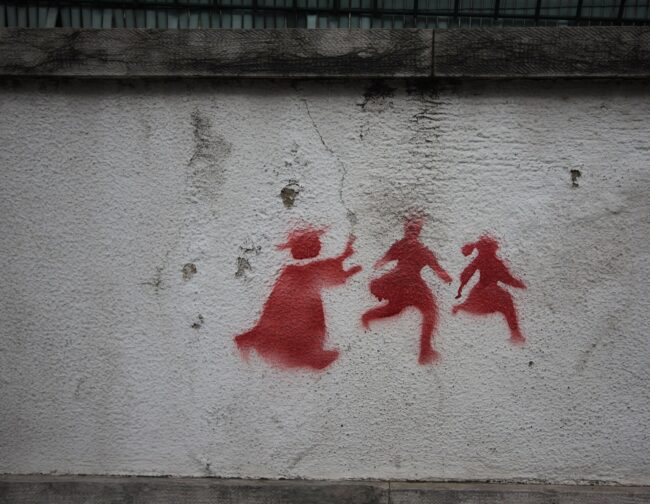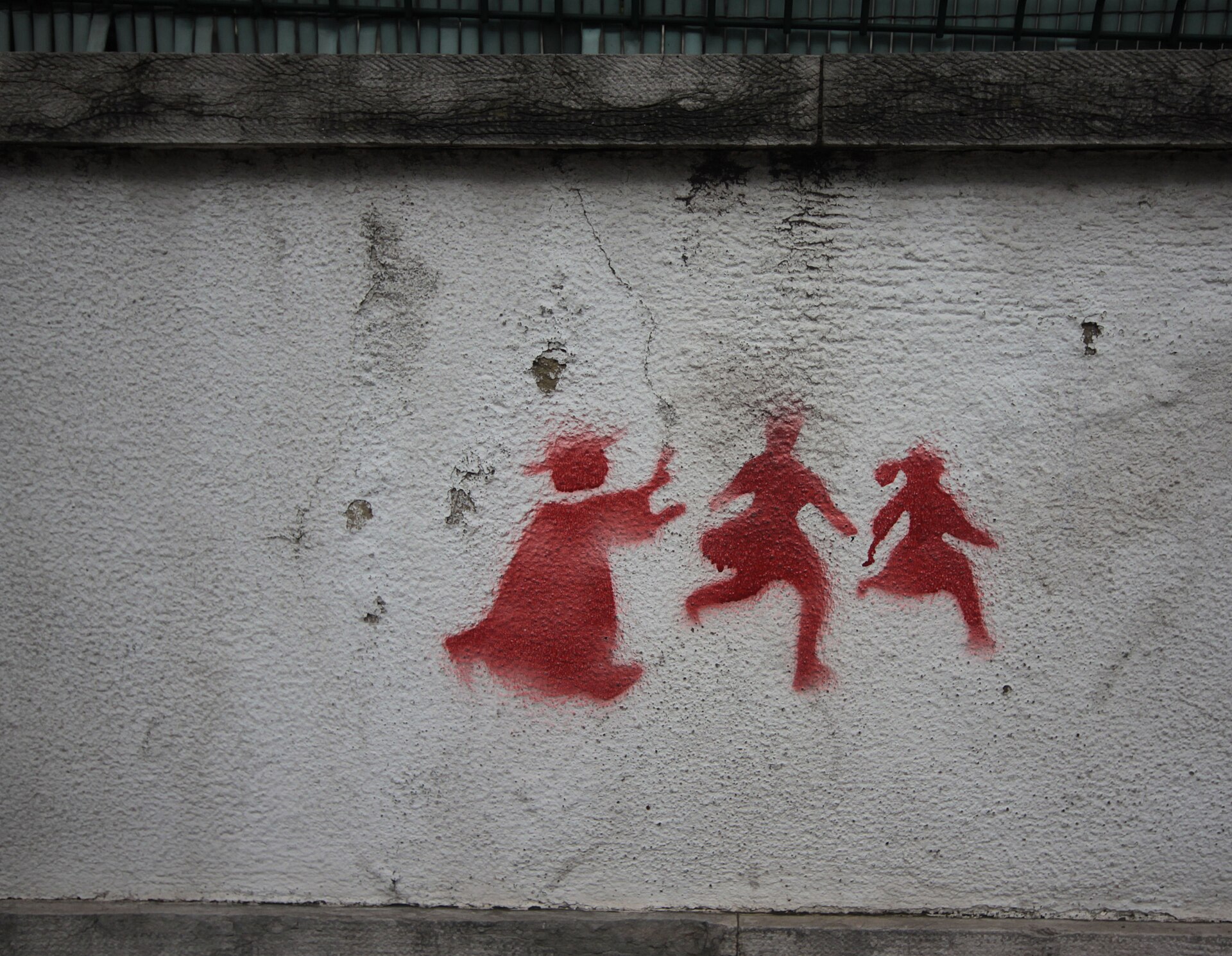
This is a posting about a recent Louisiana legal ruling that is quite frankly bizarre. It concerns a push against the victims of sexual abuse and involves shutting them out of the legal process.
Children who are Victims of sexual abuse were thrown a lifeline when various states passed the Child Victims Act. Here for example is what was enabled in New York when they passed the Child Victims Act in 2019. That law basically did this …
- This legislation allows those who are victims of child sexual assault to bring civil lawsuits up until their 55th birthday (as opposed to 23). If survivors were eligible to file a civil law suit before the passage of this law, it also allows these survivors to file up until age 55, though legal experts recommend filing sooner if possible.
- This legislation would allow the criminal prosecution of many sexual offenses committed against children, to begin up until the age of 23 rather than by age 18.
- It also allows childhood survivors of sexual abuse, who could not file a civil lawsuit because they did not start a suit by the time they were 23 years of age, a one-year period to file a civil action for damages. There is no age limit on bringing these actions during this “window”. The “window” is set to commence 6 months from the signing of the law, or August 14, 2019. You can find the full law here.
A key item here is the third bullet item above. If you have aged out, then it opened a one year window in which victims could now bring a claim.
Who could possibly oppose such legislation?
Well yes, this is going exactly where you think it is going. While many states have passed similar legislation Louisiana has suddenly this past month taken a rather different stance.
The Louisiana Supreme Court has just gone in the opposite direction and has in effect shut the door on the abused filing a civil lawsuit for historical abuse.
We are all familiar with the Constitutional Due Process clause “No person shall … be deprived of life, liberty, or property, without due process of law“.
If you were asked, “What does this mean?“, then you would have no problem explaining it – people can’t be jailed, killed, or have their stuff taken for no reason. However, the rather astonishing 4-3 ruling just made by The Louisiana Supreme Court has added a rather unique interpretation to it.
The case is Bienvenu v. Diocese of Lafayette.
Apparently there is now in Louisiana a Due Process right for abusers and also their enablers to not be held accountable by their victims in law for their actions.
“Wait, hang on a moment“, you might enquire, “but exactly how does such “logic” work?“
OK, so let’s get into this specific case.
A Bit of History
Back in the 1970s children in St. Martinville, Louisiana were repeatedly sexually abused by their parish priest. As has often been the case they did not talk about the trauma or violence until many years later when they were in their fifties.
“Why wait so long?“, you might ask.
You need to understand that such disclosures are rare. It has been estimated that as much as 86% of sexual abuse of children never gets reported.
The reasons why it is like this are not hard to grasp. Children often lack the knowledge needed to recognize sexual abuse, and also lack the ability to articulate that they’ve been abused. They don’t have an adult they can disclose their abuse to, nor do they have opportunities to disclose abuse, and aren’t believed when they try to disclose. Trauma that results from the abuse, power differentials between the child victim and adult perpetrator, and institutional power dynamics also all play a role.
When people do disclose, then they are often challenged, “Why have you said nothing until now?“. Also by the time they do come forward the law says, “Nope sorry, this is way too late“, because statutes of limitations are in play or the abuser is dead.
However, things changed in 2021. Louisiana passed the Louisiana Child Victims Act. Remember the NY 2019 act I described above, well this was something similar, it also opened up a window. As I mentioned, many other states are enacting something similar.
With access to justice, some of the abused sued the church and diocese for enabling and protecting their clerical abuser. As is now well-understood, Catholic Priests who abused were simply moved around from parish to parish and so enabled to continue. Filing a civil lawsuit against the institution that protected such abusers is justice.
For the Bienvenu v. Diocese of Lafayette case, as they do in every other case, the church pushed back, and so this specific case worked its way through the court system until finally the Louisiana Supreme did this …
In an opinion written by Justice James Genovese and published on March 22, the court found an absolute property right in the institutions’ right not to be sued. The Louisiana Child Victims Act, wrote Genovese, “cannot be retroactively applied to revive plaintiffs’ prescribed causes of action,” since that would “divest defendants of their vested right to plead prescription”—to defend themselves by asserting that the statute of limitations had run. The decision essentially strikes down the look-back window, leaving survivors once again powerless to hold their abusers accountable. It is a harrowing example of the legal system’s ability to obscure the nature of disputes and turn survivors’ real-life trauma into euphemistic abstractions, while at the same time protecting powerful institutions in the name of otherwise ephemeral property rights.
“property rights?” … WTF?
This is, to be brutally blunt, utterly absurd.
Law can become complicated and justices do need to sometimes balance competing rights when making a ruling.
To be wholly clear, what the justices were specifically doing was to …
consider whether La. R.S. 9:2800.9, which revives certain prescribed child sex abuse claims for a limited three-year period, conflicts with the due process protections
… and they concluded that the legislation that opened a window until next June 14, 2024 is in fact trumped by Due Process “property Rights”
It was a 4-3 decision, so there was also a dissent that is far more sensible …
As the dissent points out, the majority’s treatment of an absolute property right to immunity from civil liability elevates that procedural right above other, fundamental rights—like, say, not being sexually abused by an adult in a position of public trust.
The Survivors Network of those Abused by Priests, called on allies to “raise their voices in protest” …
It seems sad to us that there does not seem to have been any discussion of whether or not the constitution might also value the lives of innocent Louisiana children over “due process.”
In other words, 200 elected officials without a single dissenting vote abolished the procedural bar and restored plaintiffs’ right to sue, and then four unelected justices stepped in and claimed “Nah, sorry, but the due process property rights of a religious institution trump the rights of actual humans to not be abused“, using “logic” that is deeply flawed as is explained by the dissent.
Some do now seriously wonder if the actions of these justices might be considered “exceptional circumstances” that would allow for their removal or impeachment. The power to do so is real, in exceptional circumstances, a justice may be removed on the judiciary commission’s recommendation, or impeached by the state house of representative and removed with a two-thirds vote of the senate.
Sadly the political will to do it is just not there.
Further Reading
- Child USA – Delayed Disclosure – A FACTSHEET BASED ON CUTTING-EDGE RESEARCH ON CHILD SEX ABUSE
- Louisiana High Court: Priests Have a “Property Right” Not to Be Sued For Sexual Abuse
- The text of the Judgement and also the dissent.
